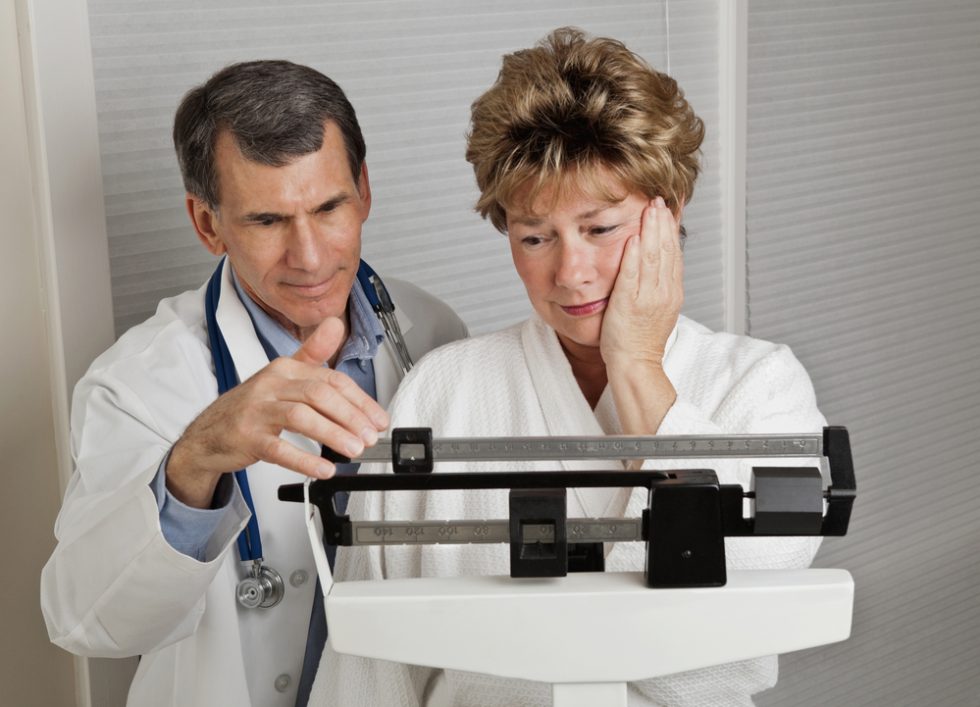
Weight Gain During Menopause
If you’ve started to gradually gain weight during menopause, you are not alone. In fact, many women struggle with unwanted pounds as they navigate this time of transition.
One way to manage your weight is to modify your diet based on your changing nutritional needs.
Continue reading for five dietary recommendations that you should consider during menopause.
1. Fewer Calories
Around age 40, metabolism begins to slow and muscle is gradually replaced with fat. These changes mean that the body requires fewer calories to function properly. When women do not adjust their caloric intake to account for this shift, they gain weight during menopause.
However, if women increase their physical activity and muscle mass, they can continue eating the same number of calories without issue.
2. More Calcium
Calcium is essential to strong bones and teeth, muscle and nerve function, and clotting of blood. It can also help prevent osteoporosis, a bone disorder that menopausal women are more prone to.
For all of these reasons, it is important for women to get more calcium during menopause. Calcium can be found in dairy products, leafy greens, nuts, seeds, and supplements.
3. Less Iron
Sufficient amounts of iron are necessary to maintain the health of red blood cells, which oxygenate the body, and boost muscle mass.
While a woman normally needs 18 milligrams of iron daily, she can reduce her iron intake to 8 milligrams daily during menopause.
4. More Vitamin D
Vitamin D is essential for proper calcium absorption, but unfortunately, it’s not found in many foods. Women can often get adequate amounts of vitamin D by spending 10 minutes in the sun each day.
If that’s not possible, vitamin D supplements (200 IU) can be taken.
5. More Vitamin B-6
Nutritional changes are not just about avoiding weight gain during menopause. They can also boost your immunity and improve your overall wellbeing.
Vitamin B-6 helps metabolize protein and glucose, makes hemoglobin, and ensures proper nervous system function. Women can get additional vitamin B-6 through plant and animal-based foods, including fish, meat, fruits, legumes, and vegetables.
Learn More About Weight Gain During Menopause
If you would like to learn more avoiding weight gain during menopause, please call our office today to schedule a consultation with board-certified gynecologist Dr. Melinda Hall.




Add A Comment
You must be logged in to post a comment.